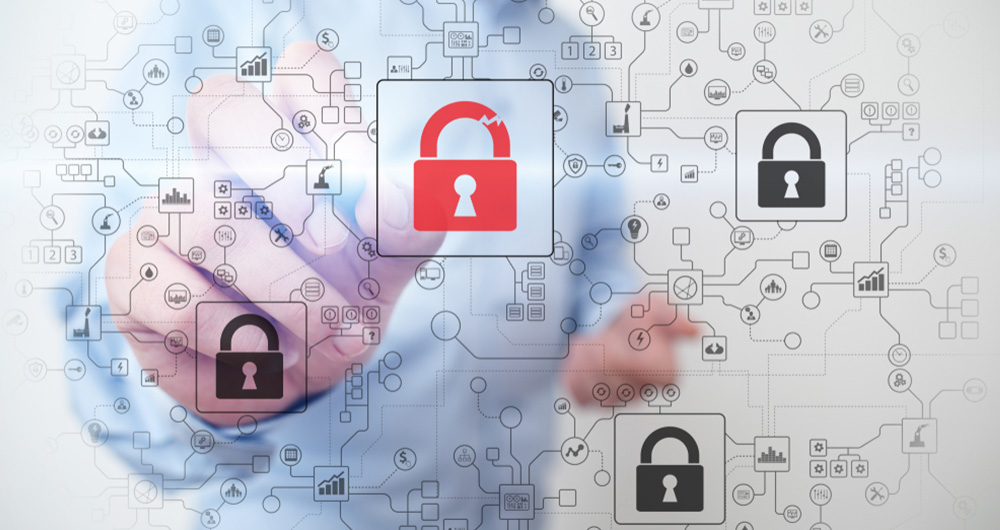11 posts found
PET technologies: how to use protected data in a privacy-sensitive way
As organisations seek to harness the potential of data to make decisions, innovate and improve their services, a fundamental challenge arises: how can data collection and use be balanced with respect for privacy? PET technologies attempt to address this challenge. In this post, we will explore what…
The future of privacy in a world dominated by open data
In the era dominated by artificial intelligence that we are just beginning, open data has rightfully become an increasingly valuable asset, not only as a support for transparency but also for the progress of innovation and technological development in general.
The opening of data has brought enormou…
Aplicación de la Especificación UNE 0079:2023 de gestión de calidad a los datos abiertos
Continuamos en esta segunda entrega de la serie de artículos con la aplicación de las especificaciones UNE. Antes de nada, recordemos que las Especificaciones UNE 0077, UNE 0078 y UNE 0079 introducen las buenas prácticas en el gobierno del dato, gestión del dato y gestión de calidad del dato con una…
Aplicación de las Especificación UNE 0078: 2023 a los datos abiertos
Este artículo constituye la tercera y última entrega de la serie de artículos dedicados dedicado a la aplicación de las especificaciones UNE de Gobierno, Gestión y Gestión de la calidad del dato a la publicación de datos abiertos. Recordemos que lo estamos realizando, aplicándolo al caso ficticio de…
Legal implications of open data and re-use of public sector information for ChatGPT
The emergence of artificial intelligence (AI), and ChatGPT in particular, has become one of the main topics of debate in recent months. This tool has even eclipsed other emerging technologies that had gained prominence in a wide range of fields (legal, economic, social and cultural). This is t…
Common misunderstandings in data anonymisation
Data anonymisation is a complex process and often prone to misunderstandings. In the worst case, these misconceptions lead to data leakage, directly affecting the guarantees that should be offered to users regarding their privacy.
Anonymisation aims at rendering data anonymous, avoiding the re-ident…
Technical Standards to achieve Data Quality
Transforming data into knowledge has become one of the main objectives facing both public and private organizations today. But, in order to achieve this, it is necessary to start from the premise that the data processed is governed and of quality.
In this sense, the Spanish Association for Standardi…
The importance of anonymization and data privacy
We are in a historical moment, where data has become a key asset for almost any process in our daily lives. There are more and more ways to collect data and more capacity to process and share it, where new technologies such as IoT, Blockchain, Artificial Intelligence, Big Data and Linked Data play a…
Responsible management of data concerning minors
Young people have consolidated in recent years as the most connected demographic group in the world and are now also the most relevant actors in the new digital economy. One in three internet users across the planet is a child. Furthermore, this trend has been accelerating even more in the current…
The role of blockchain in security and data privacy
The imminent application of the recent GDPR (May 25th) modifies the European panorama in terms of security and privacy of personal data. Overall, the GDPR could be considered a "Digital Declaration of Rights". As we saw earlier, this Regulation lists the detailed requirements that any institution or…









